Brainstorming Research Ideas – Faith and Society
Futuristic, solution-oriented research on Islam stressed for progress
The continuous changes across different spheres of life, along with their challenges, must be understood proactively and holistically with a keen focus on their foundational patterns to convert them into opportunities. By making use of these opportunities, the Islamic world and its educational institutions can bring forth futuristic and constructive transformations in the world through their proactive and solution-oriented research performance.
The ideas were generated during a roundtable session with the Raabta delegation of Research Academy for Higher Education and Technology (Darul Ilm-wal-Tehqeeq), Karachi – headed by Dr Syed Aziz-ur-Rahman – held at IPS on July 19, 2022. The delegation comprised scholars who had acquired higher university degrees after completion of their madrassa education and were now teaching in various institutions. The forum was organized under IPS program ‘Promoting Indigenous Policy Research Initiative’ to brainstorm research ideas for the young and midcareer scholars. The initiative aims at making academic research more productive and relevant to policy process.
Dr Syed Aziz-ur-Rahman of Darul Ilm-wal-Tehqeeq said that bridging the gap between religious schools and other education systems will greatly help in solving the contemporary issues in different spheres of life. Islamic educational institutions have contributed significantly to propagating Islamic values and resolving social issues. However, they are considered detached from and antagonistic towards other approaches and contemporary discourses to the issues of their concern. It is the need of the society to bring both education systems in harmony with each other for collective contribution to solving problems. However, their distinction, often portrayed with baseless assumptions and stereotypical representations, has resulted in keeping both systems apart. He opined that both educational systems must acknowledge each other in order to work in sync for bringing about desired changes and outputs through diligent research efforts.
While underlining the interlacing of different spheres of life, Chairman IPS Khalid Rahman said that a change in one sphere of life always creates a spillover effect in other spheres. The most fundamental of these spheres is the education system and its output in the form of research and academic reflections shapes worldview, develops behaviors, and dictates relations. It is, therefore, extremely important to develop education as the key driver for national solidarity.
In contemporary times, the dominant thoughts are generated by the West through research and reflective processes across different spheres. It has, in fact, replaced Islamic civilization, which too was driven fundamentally by their academic and intellectual endeavors. Islamic thought is not currently been presented in a way that is convincing enough to respond to the contemporary questions.
To fill the void and the forgotten role, the Islamic world must understand the foundational patterns of changes as well as factors of transitions. For this, the conceptual as well as operational framework of transitions and changes must also be understood. While presenting a conceptual framework of changes, Rahman outlined that humans are either indifferent, reactive to, or creators of changes. These basic patterns of thinking define and shape behavioral patterns. He stressed that Muslims should abandon their reactive approach and their role as consumers of technology and narratives. Muslims need to convert changes into opportunities to create further constructive transformations. The increased pace of transformations, the extended range of changes, and the neocolonial trends of mind-control demand of the Islamic world to be the creator of changes.
He said as ingenious thinking dispositions lead to creative patterns of behaviors, the Islamic world needs to make education and research the foundation of bringing changes. For this purpose, effective communication skills and research coalition and exchange of ideas between both lines of education systems, according to modern demands without compromising the foundational rules and principles of Islamic thoughts, are important.
Underlining the importance of the operational framework of transitions, Rahman also emphasized that flawed thinking patterns and reflections limited to past experiences are the biggest hurdles in converting changes into opportunities. To extract opportunities from changes, the Islamic world and its educational institutions must focus on generating ideas with a futuristic outlook. Moreover, the flawed thinking patterns that hold the Islamic world back from creating transformative changes must be discontinued to create new solutions and dynamic research patterns.
The discussion concluded with the consensus that the output of educational institutions should be based on effective research performance aimed at bringing innovative and constructive changes in the world in the direction of the broader and ultimate goal of propagating Islamic thoughts.


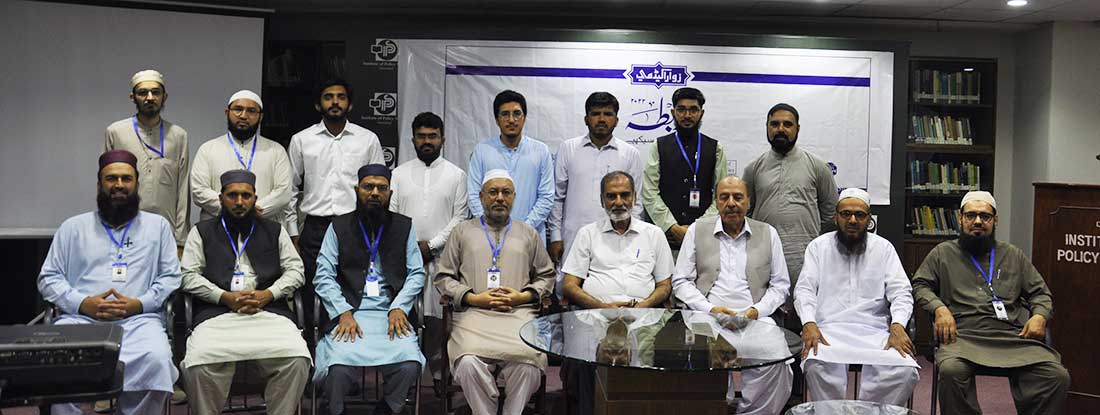
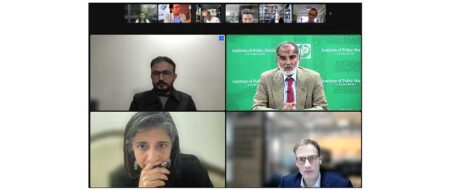
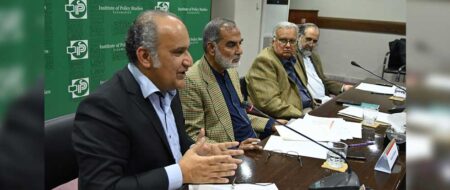
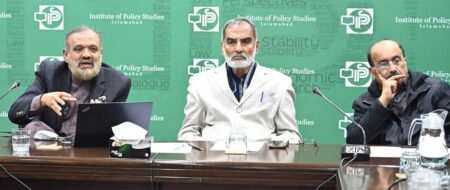
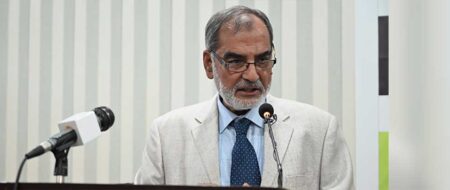
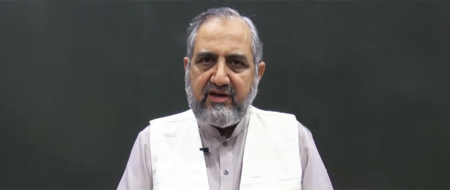
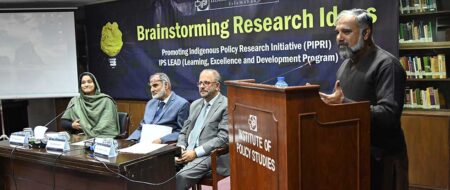
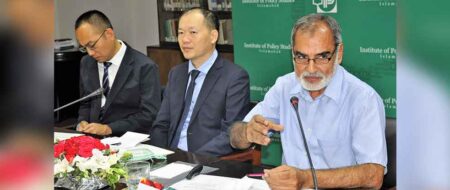
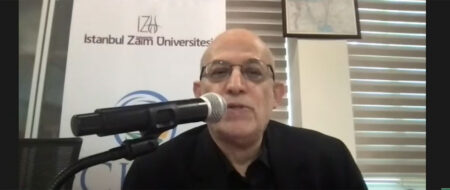
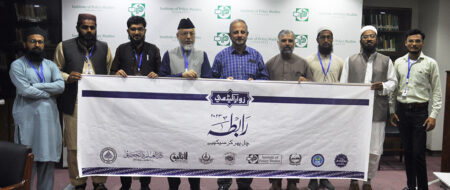
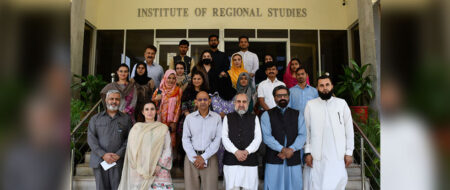
Comments (2)
Thats a wonderful approach you have tried to make Islamic scholars realized their responsibilities , Which are huge and greater than our thoughts .I have long been looking for such practices and ideas are proposed by your esteemed institution…
Living in karachi and studying contemporary thoughts and patterns I feel great interest to collaborate with intellectuals who aspire to serve the nation with authentic .knowledge and wisdom
The programme and ambition is highly appreciable. We need to ensure reformation through transparet views on belf of Islam and ideology of Pakistan .
Comments are closed.